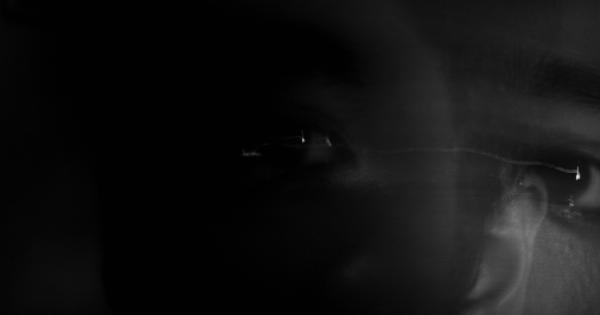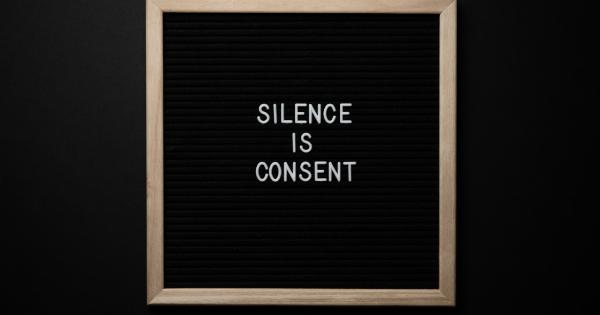Smiling depression is a term used to describe individuals who appear happy and content on the outside, but are secretly battling depression on the inside.
It is a dangerous and often overlooked form of the mental illness that can have severe consequences if left untreated. In this article, we will explore the hidden dangers of smiling depression and shed light on the importance of recognizing and addressing this silent struggle.
1. Masking the Reality
One of the most significant dangers of smiling depression is the way it masks the reality of the person’s true feelings.
Those who experience this form of depression often feel pressured to present a happy and carefree facade to the world, leading to feelings of isolation and loneliness. This constant need to hide their pain only exacerbates their emotional turmoil, as they fear being judged or misunderstood if they were to reveal their true state of mind.
2. Internalizing Emotions
Smiling depression sufferers tend to internalize their emotions, keeping their sadness, anxiety, and despair hidden from others.
This internalization can lead to a dangerous buildup of negative emotions, which may eventually manifest in destructive ways. Suppressing emotions for extended periods can also take a toll on physical health, leading to unexplained physical symptoms and an overall decline in well-being.
3. Increased Risk of Suicide
Perhaps one of the gravest dangers associated with smiling depression is the increased risk of suicide.
Since individuals with smiling depression often go unnoticed and are not perceived as needing help, they may not receive the necessary support or intervention. The combination of feeling trapped in their own minds, the inability to express their true emotions, and the absence of adequate support can lead to a sense of hopelessness and despair, escalating the risk of suicidal thoughts and actions.
4. Untreated Underlying Issues
Smiling depression often occurs in conjunction with other underlying mental health disorders, such as anxiety or eating disorders. The danger of this condition lies in the fact that these underlying issues often go undiagnosed and untreated.
By solely focusing on the individual’s seemingly happy demeanor, the bigger picture of their mental health is overlooked. This can prolong their suffering and prevent them from receiving the appropriate treatment they desperately need.
5. Self-Medicating Behaviors
In an attempt to cope with the internal pain they are experiencing, individuals with smiling depression may turn to self-medicating behaviors such as substance abuse or addictive behaviors.
These unhealthy coping mechanisms provide temporary relief but only serve to exacerbate the underlying issues. The combination of depression and substance abuse can rapidly spiral into a vicious cycle that is challenging to break free from.
6. Impact on Relationships
Smiling depression takes a toll on personal relationships as well. The constant need to maintain an appearance of happiness can be emotionally exhausting, making it difficult for individuals to form authentic connections with others.
Friends, family, and even romantic partners may be oblivious to the individual’s internal struggles, leading to strained relationships and a sense of isolation.
7. Impaired Functioning
Individuals with smiling depression often struggle to function in their daily lives despite their ability to put on a happy face.
The internal battles they face drain their energy and motivation, making it challenging to perform well academically, professionally, or even carry out basic self-care. The impairment in functioning can lead to decreased productivity, job loss, academic failure, or even financial difficulties, further contributing to the individual’s feelings of worthlessness and despair.
8. Limited Access to Support
Since smiling depression often goes unrecognized, individuals struggling with it may not reach out for help or know where to find the necessary support.
The lack of access to appropriate mental health resources and therapy can hinder recovery and perpetuate the cycle of silent suffering. Support networks and professional intervention are crucial in managing and overcoming depression, but without recognition of the problem, individuals with smiling depression are often left to face their battles alone.
9. Stigma and Misunderstanding
Due to the societal misconceptions surrounding depression, individuals with smiling depression may face stigma and misunderstanding when they do decide to seek help.
Friends, family, or even healthcare professionals may doubt the severity of their struggles because they appear “fine” on the surface. This invalidation only adds to the individual’s feelings of isolation, making it less likely for them to reach out for support or disclose their true emotions in the future.
10. Delayed Recovery
If left untreated, smiling depression can result in delayed recovery and prolonged suffering. The longer the individual goes without appropriate help and intervention, the more entrenched their depressive symptoms may become.
With time, it becomes increasingly challenging to break out of the cycle of smiling depression and find a path towards healing, happiness, and overall well-being.



























